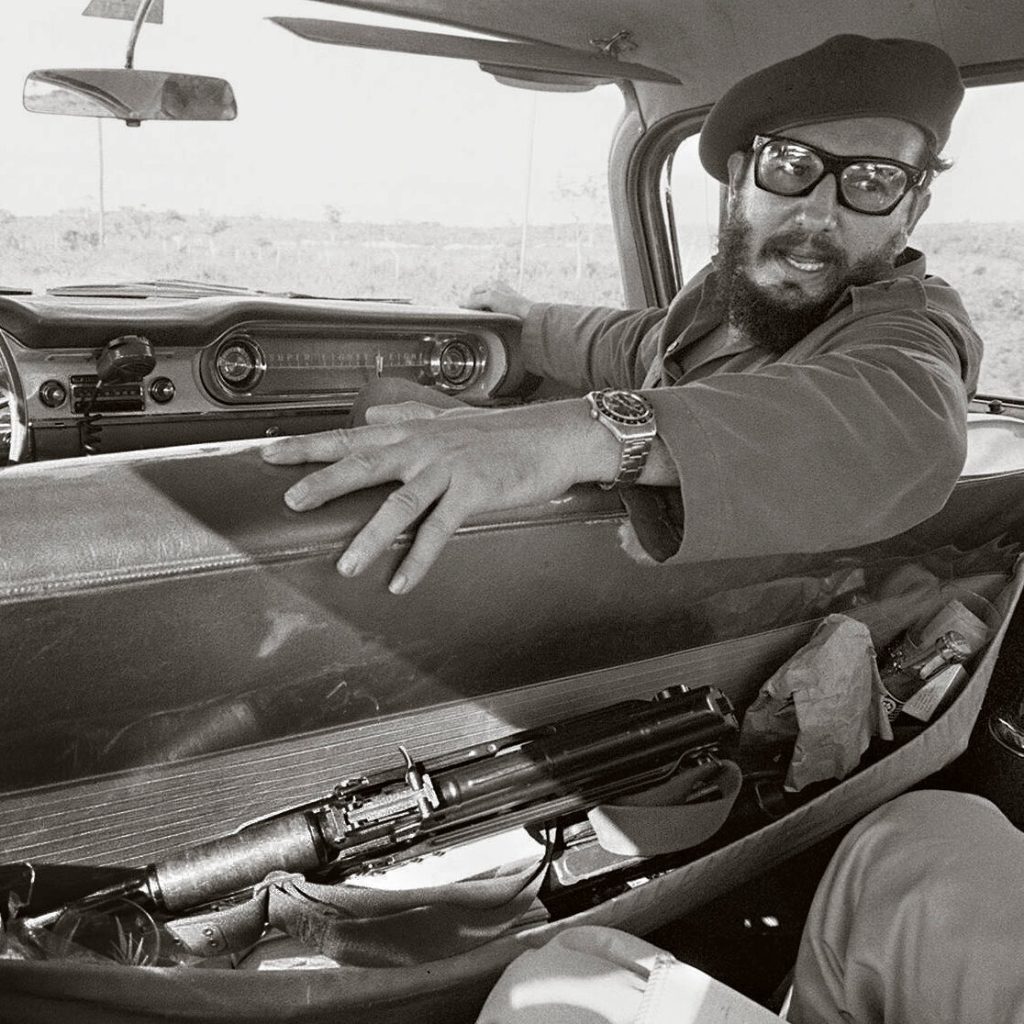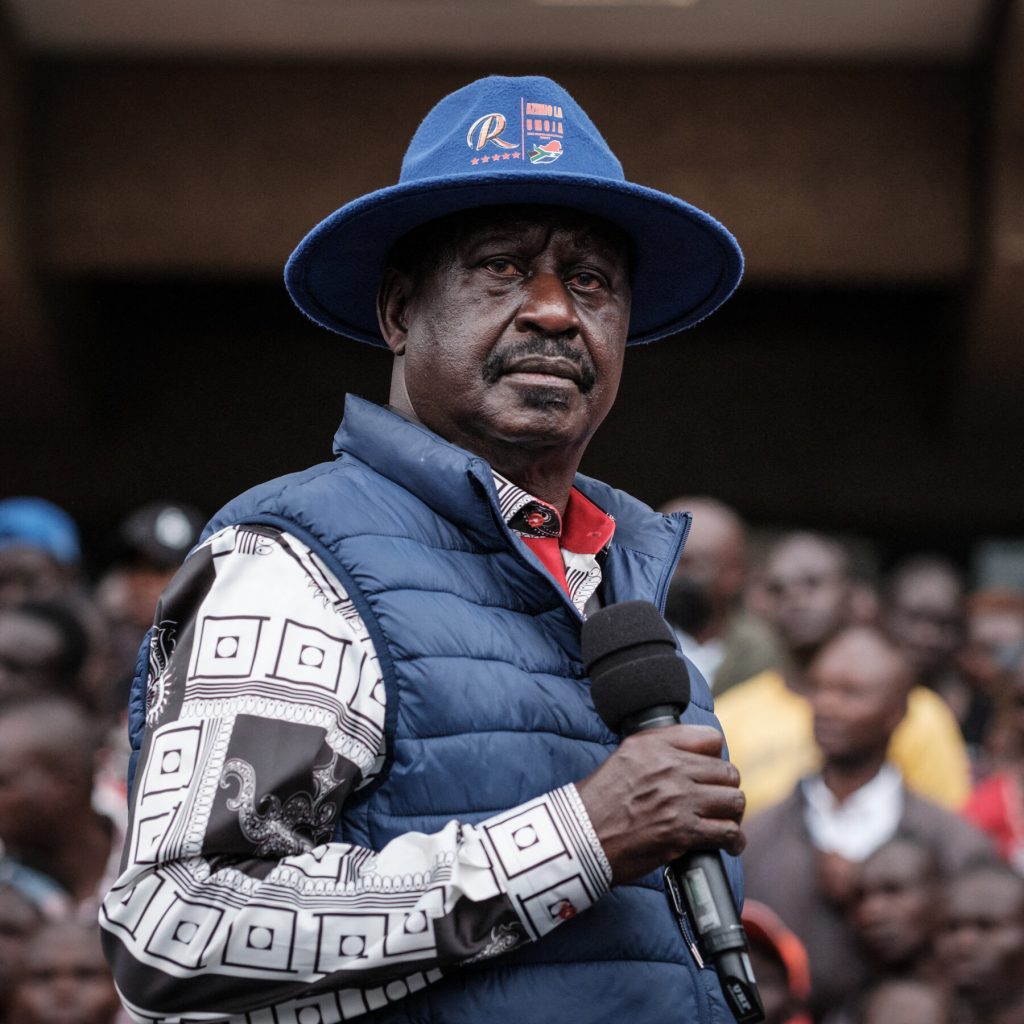Unveiling the CIA’s Complex Legacy in Latin America: Coups, Plots, and Regime Change

The Central Intelligence Agency’s (CIA) involvement in Latin America during the 20th century was marked by a complex web of covert operations, plots, and interventions that significantly impacted the region’s politics, economies, and societies. From the infamous Bay of Pigs invasion to the Chilean coups, the CIA’s actions in Latin America were often shrouded in secrecy, sparking intense debate and scrutiny.
Throughout much of the 20th century, the CIA devised and executed plots to overthrow democratically elected governments, assassinate high-profile leaders, and arm dissident groups. These actions were largely driven by the agency’s mission to counter Soviet and communist influence in the region, as well as to protect American business interests and promote stability.
One of the most notable examples of CIA intervention in Latin America was the 1961 Bay of Pigs invasion, a failed military operation aimed at toppling Fidel Castro’s communist government in Cuba. The CIA-trained exile force, known as the Brigade 2506, landed on the island’s southern coast, but was quickly defeated by Cuban forces. The operation was a major embarrassment for the Kennedy administration, which had authorized the plan.
In the years that followed, the CIA continued to play a significant role in shaping Latin American politics. In the early 1960s, the agency provided support to anti-Castro rebels in Cuba, as well as to opposition groups in other countries, including the Dominican Republic and Haiti. The CIA also became involved in the internal politics of countries such as Brazil, Uruguay, and Argentina, often backing conservative and anti-communist forces.
One of the most significant and enduring examples of CIA intervention in Latin America was its involvement in the 1973 Chilean coup, which overthrew the democratically elected government of President Salvador Allende. The CIA had long been opposed to Allende’s socialist policies and had provided covert support to his opponents. On September 11, 1973, Chilean military forces, backed by the CIA, staged a coup that resulted in Allende’s death and the establishment of a military dictatorship under General Augusto Pinochet.
The CIA’s actions in Chile were part of a broader pattern of intervention in Latin America during the Cold War era. The agency’s involvement in the region was often motivated by a desire to prevent the spread of communism and to protect American economic interests. However, these actions often had devastating consequences, including the destabilization of democratic governments, the suppression of human rights, and the perpetuation of social and economic inequality.
In recent years, the CIA’s involvement in Latin America has been the subject of increased scrutiny and debate. Many have called for greater transparency and accountability regarding the agency’s actions in the region, as well as for a more nuanced understanding of the complex historical context in which these events took place. As the United States continues to play a significant role in Latin American affairs, it is essential to examine the CIA’s legacy in the region and to learn from the successes and failures of past policies.






